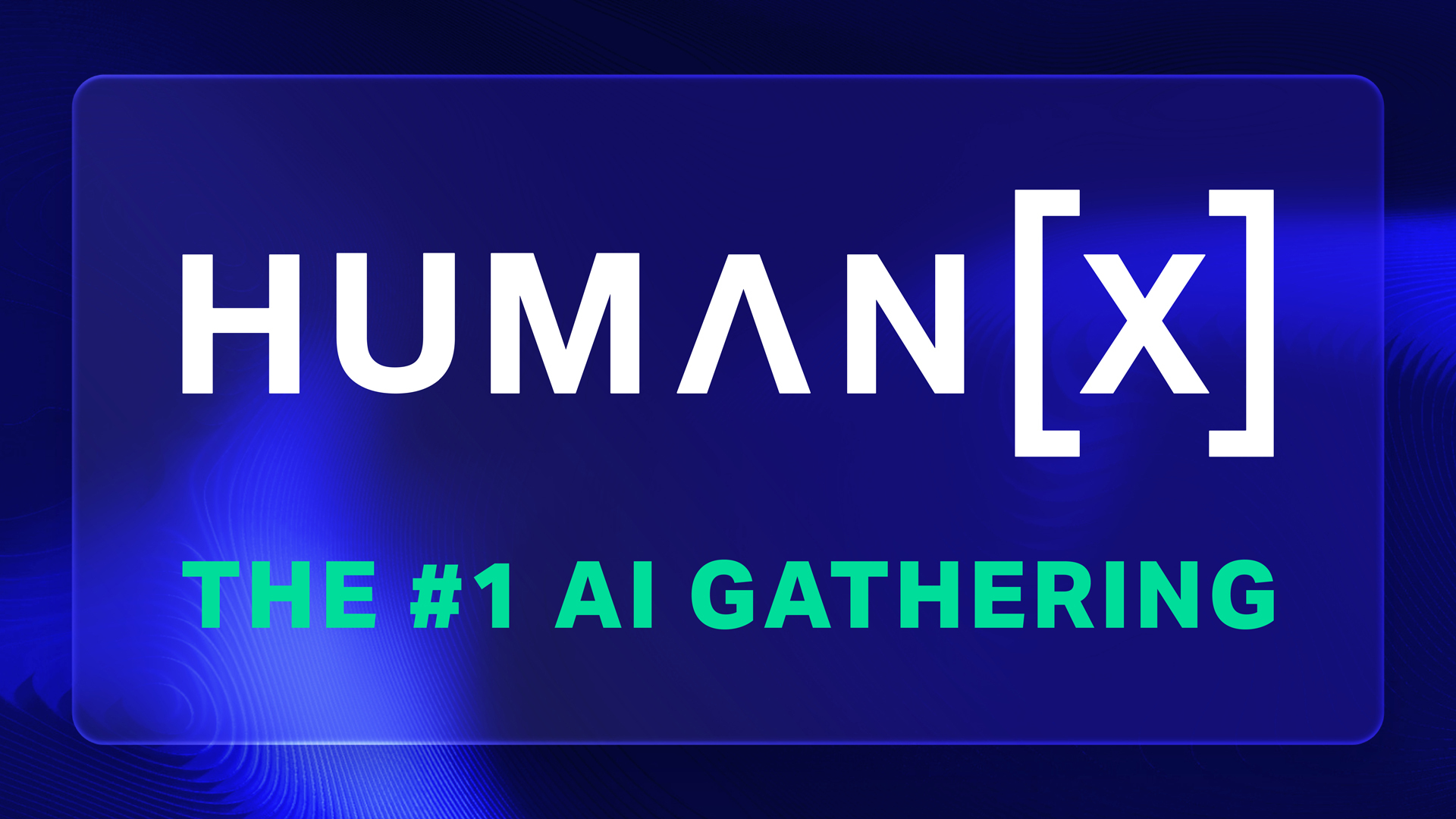- Slice of Technology
- Posts
- #56 - Nikola Mrkšić, CEO & Co-Founder at PolyAI
#56 - Nikola Mrkšić, CEO & Co-Founder at PolyAI

Join us on this week's episode of the Slice of Technology AI podcast, hosted by Jared S. Taylor!
Our Guest: Nikola Mrkšić, CEO & Co-Founder at PolyAI.
What you’ll get out of this episode:
PolyAI’s Mission – Automating customer service with AI-powered voice agents for major enterprises.
Latency Challenges – Balancing AI’s growing power with response speed for seamless interactions.
Customer Frustration & Solutions – Replacing deflective chatbots with efficient problem-solving AI.
Enterprise Adoption – Helping companies structure data for AI-driven decision-making.
Future of AI in Customer Service – Enhancing automation while integrating with legacy systems.
Watch
Listen
Read More
Bridging the Gap Between AI and Customer Support
In today’s fast-paced world, customer service is often synonymous with frustration—long wait times, scripted responses, and unresolved issues. Nikola Mrkšić, CEO and Co-Founder of PolyAI, is on a mission to change that by introducing AI-powered voice agents capable of handling complex customer interactions at scale.
From FedEx to Marriott and Caesars Palace, PolyAI helps enterprises automate customer interactions, reducing dependency on large contact center teams. The company’s AI voice agents assist with tasks such as tracking shipments, reporting outages, and making reservations, providing a seamless experience that mimics human-like conversations.
Balancing AI Power and Real-Time Responsiveness
A major challenge in AI-driven voice automation is latency—the time it takes for AI to process and respond to queries. While large language models (LLMs) enhance reasoning and accuracy, they also tend to slow down interactions. Mrkšić acknowledges this tradeoff and emphasizes the need for continuous optimization, ensuring AI remains both powerful and efficient.
Eliminating Customer Frustration with AI That Actually Helps
Traditional IVR systems and chatbots have long been a source of frustration, often designed to deflect customers rather than solve problems. PolyAI takes a different approach—focusing on resolution rather than avoidance.
Instead of routing customers through endless loops, PolyAI’s AI assistants are equipped to provide immediate, actionable responses. Whether handling a casino guest’s special request or assisting a logistics company with shipment delays, these voice agents aim to streamline customer interactions, not prolong them.
The Future of AI in Customer Support
Despite AI’s rapid advancements, enterprise adoption remains a challenge. Many large businesses lack structured, digitized data, making it difficult for AI to provide accurate solutions. Mrkšić notes that in some cases, companies discover they don’t even have answers to common customer queries—a realization that often kickstarts their digital transformation.
As AI technology continues to evolve, Mrkšić envisions greater integration between AI-powered voice agents and enterprise systems, allowing companies to handle more complex customer requests with minimal human intervention. With continued growth, adoption, and backend improvements, the future of AI-driven customer service looks increasingly promising.
Final Thoughts
With PolyAI leading the charge, the next generation of customer service is set to be smarter, faster, and more efficient. As AI continues to revolutionize industries, companies that embrace automation without sacrificing user experience will be the ones to thrive.





Reply